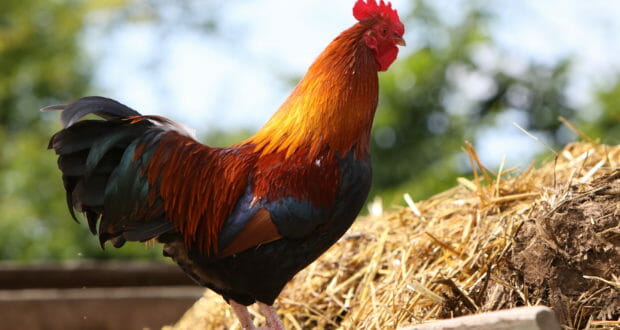Products You May Like
There are two major categories you need to consider before making any final decisions when looking to buy land for off the grid living. On the one hand, you need to determine if the physical aspects of the property suit your needs; on the other, you have to see what legal or financial issues you might encounter.
Physical Considerations
What it comes down to is sustainability. There’ a lot of empty land out there to choose from, but not all property has the same amount of resources necessary to sustain life off the grid.
Water
Is there ready access to water? Moreso, will your water source be one you can have come to you rather than having to carry water each day? We might be talking a well. We might be talking about a river, stream, or lake. Whether it’s for drinking, cooking, or cleaning, you need to have consistent, reliable water access. The cleaner, the better. While you may have some filtration and purification methods already in hand, you’re going to want to be prepared for instances when they won’t be so available. Clean water is a must.
Building materials
Are there plenty of trees around suitable for converting to wood for construction? How about clay, gravel, or build-worthy stone? Being able to source your building materials yourself will save you time and money in the long run. While you may cart in some building materials for initial construction, as you grow, you’re going to find nearby building materials a boon.
Soil
Do you plan to keep a garden? How about animals that need to graze? How suitable is the soil on the land you intend to purchase for sustaining crops for yourself and any animals you keep? Test the soil to make sure it’s fertile and rich. Also, examine if there any potential erosion issues that may come up during heavy rains or snowmelt.
Year-round weather
Speaking of erosion, what’s the weather going to be year-round? Check government-recorded data for the area on average rain and snowfalls, high and low temperatures, wind speed, and sunlight averages if you’re planning on powering your homestead with the wind, solar panels, or a combination of both.
Access
Finally, for physical considerations, do you have access to the land? We’re talking more than just being able to reach your property via snowmobile or horse or even 4×4. Can you legally access the land, or are there properties hemming it in that restrict travel? And how remote is your land? People who live off the grid prefer remote areas, but sometimes an area can be too remote, particularly in medical emergencies, communication needs, or natural disasters.
Legal and Financial Issues
Depending on where in the country you’re planning to settle, you’re going to want to look at what sort of legal or financial baggage your land might have. Are there liens or encumbrances?
In other words, is the land genuinely free and clear for you to own? This is where a property dispute lawyer will come in handy in assisting you in finding out what ownership issues and encumbrances are going to be a problem for you. They can even get you started at looking at zoning ordinances and land covenants that might restrict what you can build and where.
Living off the grid can be an exciting adventure, but it requires careful planning. The frontiersmen who settled the West back in the day didn’t just ride out on horses, pick a spot, and call it a day. They engaged in a lot of planning, preparation, and expert research before committing to the perfect place for them.
You should do no less

